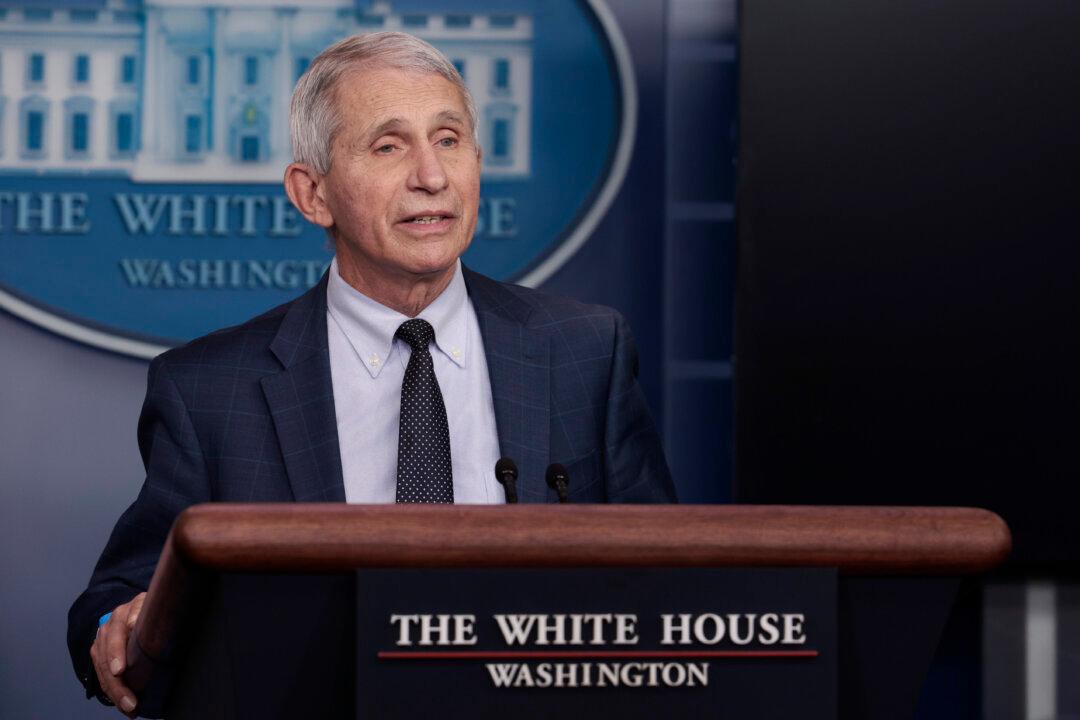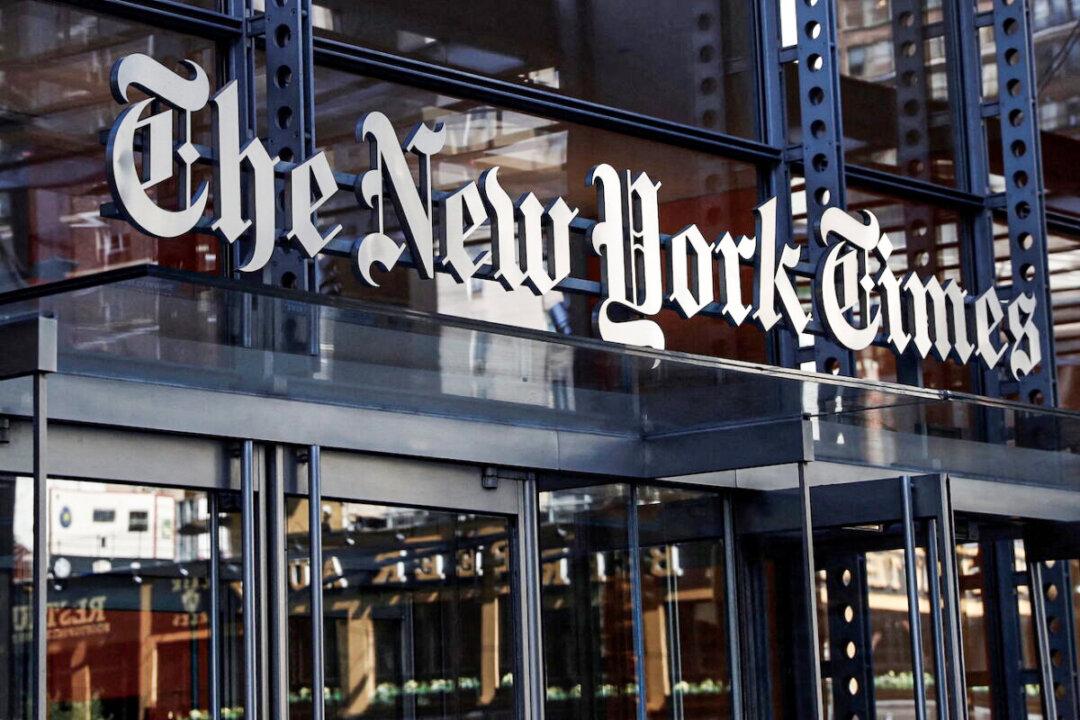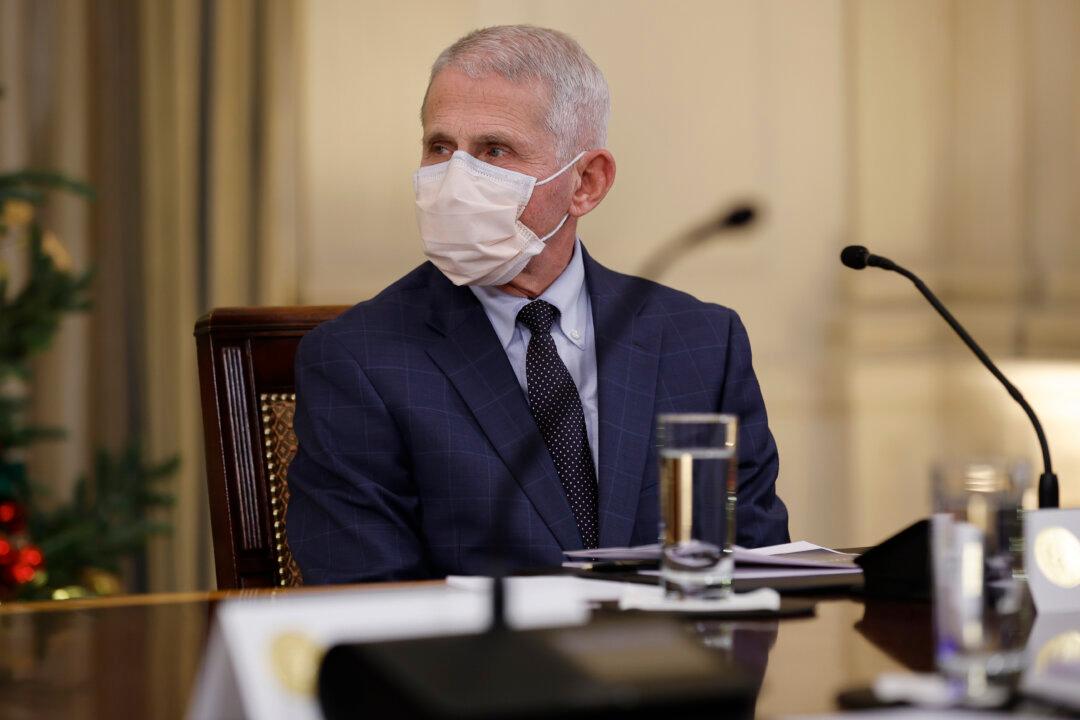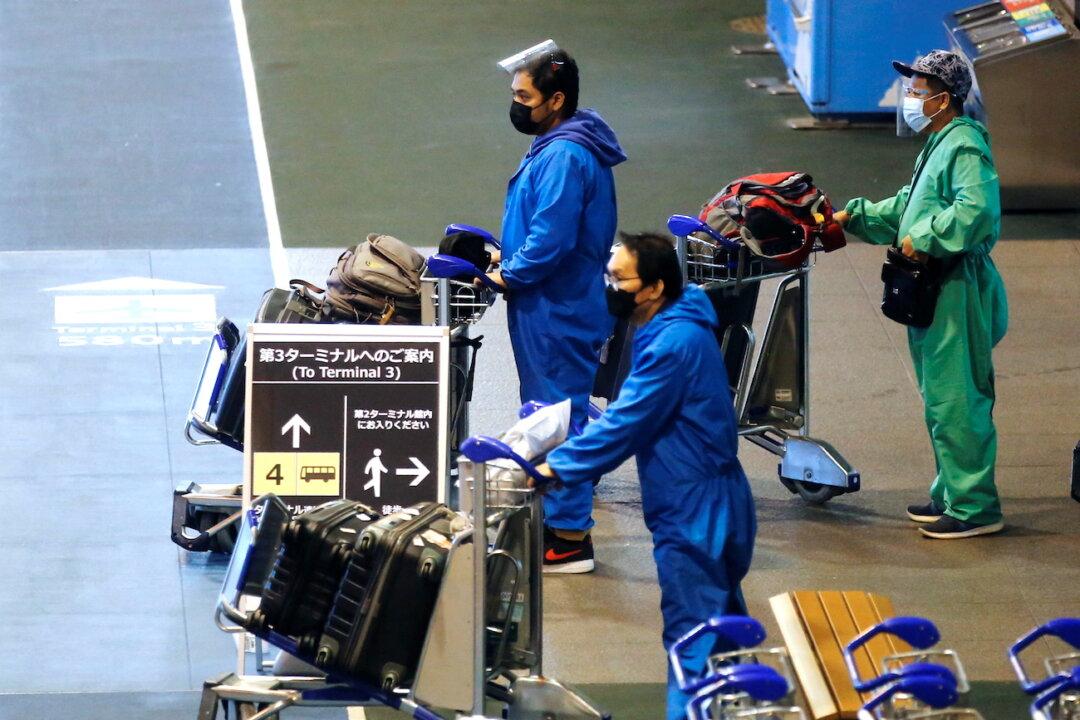Commentary
No matter how the coronavirus scare turns out—anything from the second coming of the Black Death to an only slightly extraordinary version of the flu—one thing is certain: The United States must never again outsource its critical industries to ideologically hostile countries that can hold the nation hostage.





